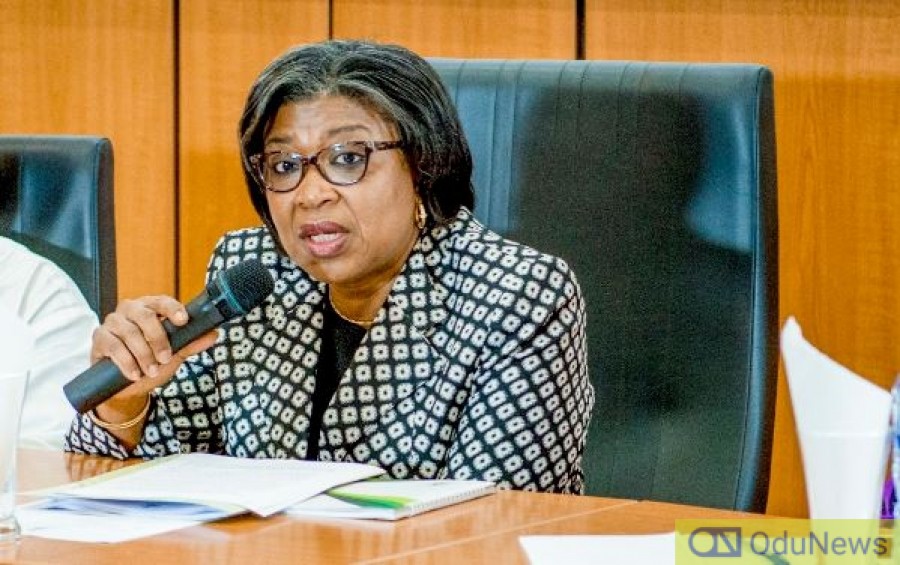The Debt Management Office says Nigeria’s debt to GDP ratio stands at 23% which is below the 40% limit set.

This director-general of the DMO, Patience Oniha, said this on Tuesday during an executive course on budgeting and fiscal responsibility organised by the Fiscal Responsibility Commission in Abuja.
She also added that one way to reduce budget deficits is to grow revenues and to prioritise expenditure and cut waste and leakages.
Oniha noted that a larger percentage of the Nigeria’s borrowings were concessionary loans from multilateral and bilateral sources, citing that Nigeria’s debt to GDP ratio was 23%, which is still within the country’s self-imposed limit of 40%.
She added that the figure was also within World Bank/IMF recommend limit of 55 %for countries within Nigeria’s peer group and 70 per cent for ECOWAS countries.
Oniha also noted that that Nigeria had run deficit budgets for many decades, which made borrowings from local and external sources imperative.
“A budget may be surplus, balanced or deficit. Nigeria has run deficit budgets on a consecutive basis for decades.
“The financing of the deficits through borrowing from local and external sources is the principal reason for the growth in debt stock and debt servicing.
“One way to reduce budget deficits is to grow revenues; the other way is to prioritise expenditure and cut waste and leakages,” she said, noting that despite low revenue, government was able to deliver on infrastructure development and other responsibilities through borrowings.
“Debt levels are rising everywhere. Global revenue dropped as a result of Covid-19, and the Russian-Ukraine conflict has also increased borrowings.
“Our problem is debt service to revenue ratio,” she said.

